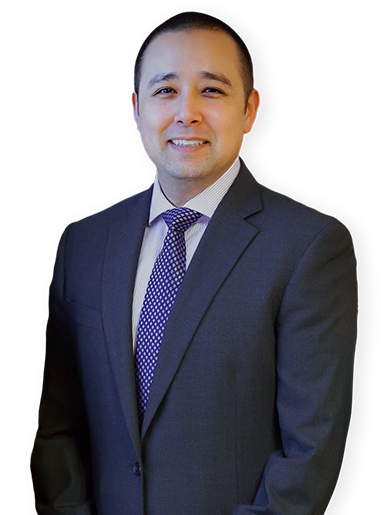|
|
Last
Modified on
Jan 03, 2024
Are you unable to work due to a debilitating illness or injury? If so, you probably decided to apply for Social Security Disability benefits. The application process can be quite complex, time consuming and frustrating. In fact, the Social Security Administration denies many claims the first time.
In an effort to simplify the process, the SSA revised its rules regarding medical evidence. The change took effect March 27 of this year and affects anyone filing claims after that date. Understanding the changes may help ensure that all of the appropriate evidence you provide with your initial claim reduces the potential for denial.
A summary of the changes
The following information summarizes the areas in which the SSA made changes to its rule regarding medical evidence and its evaluation:
- Acceptable medical sources (AMS)
- Prior administrative medical findings
- Medical opinions
- Other types of evidence
- Psychological consultants
- Medical consultants
- Sources of treatment
- Evidence regulations
The question is what these changes mean for you as you work through the process of obtaining much needed benefits.
Did the SSA add or subtract acceptable medical sources?
The SSA added audiologists, Advanced Practice Registered Nurses and physicians assistants to its list of acceptable medical sources. On the other hand, it removed some distinctions between non-AMSs and AMSs. The SSA also updated the criteria for who qualifies as an AMS to reflect changes in the medical industry (such as licensure requirements). Of course, the requirement for objective medical evidence remains.
What does “objective medical evidence” mean?
One revised definition has to do with what constitutes objective medical evidence. The revisions clarified some of the definitions regarding laboratory findings and signs, along with the fact that medical opinion, diagnosis and symptoms are not enough on their own to substantiate a claim.
What evidence categories does the SSA use?
The SSA uses the following categories of evidence when considering a claim for SSDI:
- Prior administrative medical findings
- Evidence from non-medical sources
- Other medical evidence
- Medical opinions
- Objective medical evidence
Information from all of these areas can be included in an application, but each category receives a varying level of consideration. The less subjective and the more recent the evidence, the more weight it may receive during the review process.
How does this affect your application?
These rule changes may change the information you include with your application. Determining the best evidence to submit to substantiate your claim under the rule revisions may be more clear cut but could still cause a great deal of confusion. Even these clarifications do not necessarily simplify the process. You may have a greater chance of successfully obtaining benefits by reviewing all of your information with an attorney who can help evaluate whether you have the best medical evidence possible.






